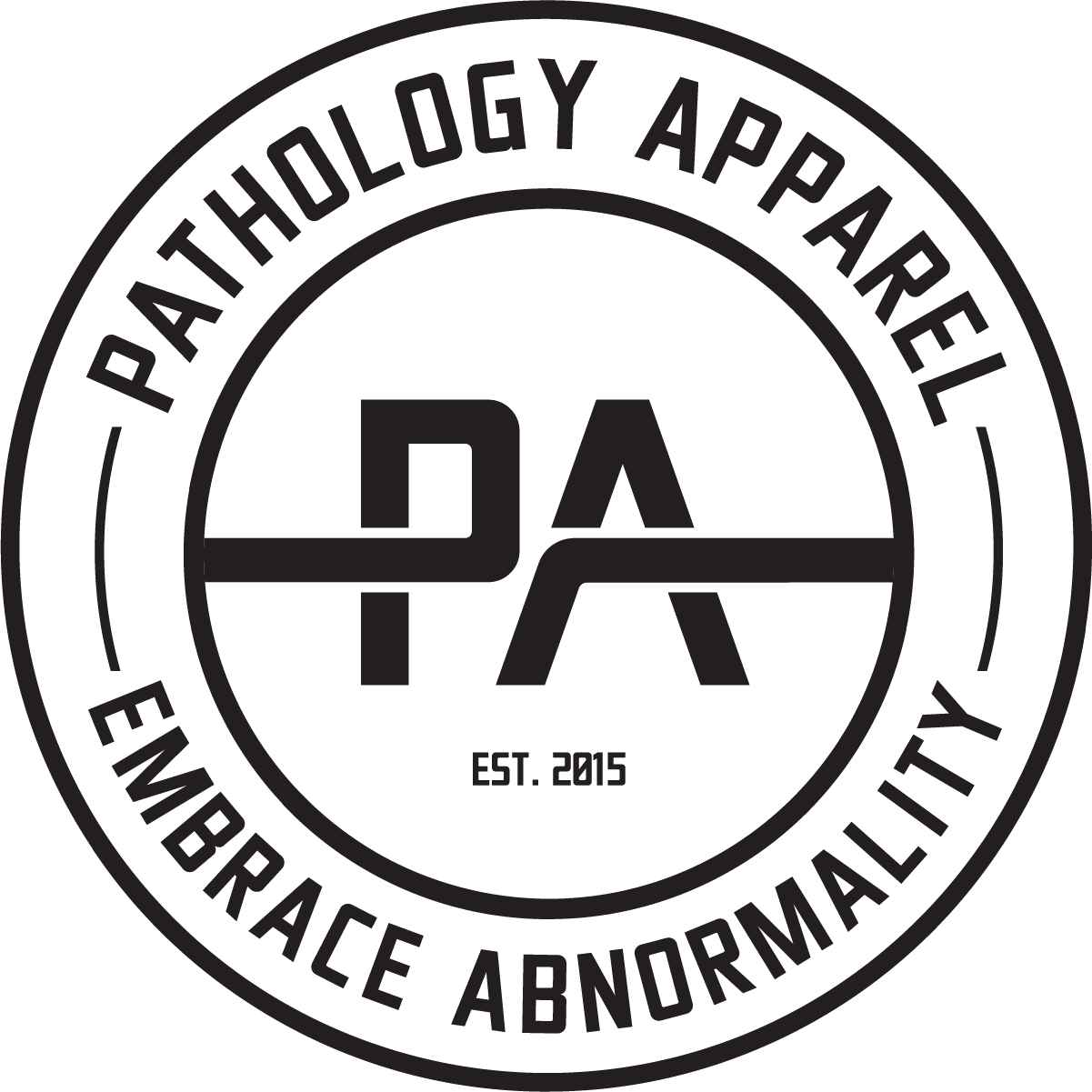Life is not always easy. We don’t ask for problems to come our way, but they come. We sometimes try to plan and prevent problems from occurring, but it is inevitable; we will always experience hardships in this life. We are then faced with the challenge of how to deal with these problems. We may choose to neglect the problem and let it subconsciously build. We may address the issue fearful or overwhelmed, or we may try and address the issue with a game plan.
In physical therapy school, we have been taught a framework to breakdown problems into their component parts. This framework is called the ICF (International Classification of Functioning) model. Breaking down a problem/condition into its component parts allows a better opportunity for the root of the overarching problem to be exposed. The ICF framework is shown below.

The ICF model starts with a health condition (disorder/disease/pathology) and shows how it affects a person from the smallest to the largest level. It connects the problem at the body structure/function level (problems with muscular strength, muscular endurance, balance, etc) to the activity level (difficulties with standing, walking, running) to the participation level (unable to perform work duties, leisure activities, and other activities of daily living). It also includes personal factors (such as age, marital status,
motivation level, etc) and environmental factors (support systems, barriers to recovery, etc). Although it is not a perfect template by any means, it does provide a framework to expose the root of the problem and provides a direction for treatment.
This framework isn’t only applicable for injuries/health conditions seen by physical therapists, but I think it is applicable for other people to assess their own issues. It may help to break down problems into their component parts where then the underlying issues can be addressed. However, I do believe there is one overarching condition that leads to all other conditions. This condition can be addressed but it can’t be totally eliminated in this life. This condition is sin.

The effects of sin have us in a state of depravity. Our whole being is affected by sin. With our whole being affected by sin, how can we do anything considered to be pure and good? The answer is we can’t. The New Living Translation of Isaiah 64:6 reads,
“We are all infected and impure with sin. When we display our righteous deeds, they are nothing but filthy rags. Like autumn leaves, we wither and fall, and our sin sweeps us away like the wind.”
Even when we think we are doing “good,” our motives are impure. You may deny it, but take a second to examine yourself. We are selfish, prideful, corrupt human beings.
The problem with not being able to do “good” is that God requires us to be good. God doesn’t just require us to be good, but he requires perfection. With our whole being affected by sin we cannot do anything good enough to earn his favor. This is problematic. Sin separates us from our creator, but thank God that he is gracious! He has provided us with a way to himself.
“But God, being rich in mercy, because of the great love with which he loved us, even when we were dead in our trespasses, made us alive together with Christ – by grace you have been saved.” Ephesians 2:4-5
God sent his son Jesus to pay for our sin. He didn’t just clear our record, but he also gave us his sinless, perfect record in exchange. Through Jesus’s perfect record, we can now have a relationship with the Father. Praise the Lord!
Although we will still continue to experience the effects of sin in this life, praise the Lord for sending his son to pay for our sin. For those who have trusted in Jesus, there is unlimited access to the creator!
References
1. Jette AM. (2006). Toward a Common Language for Function, Disability, and Health. Physical Therapy, 86(5), 726-734.
2. The Bible (New Living Translation and English Standard Version)
-Kyle Thibodeaux
